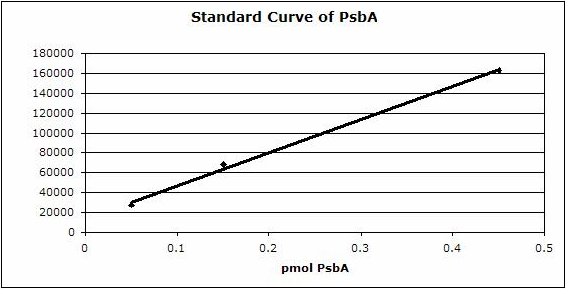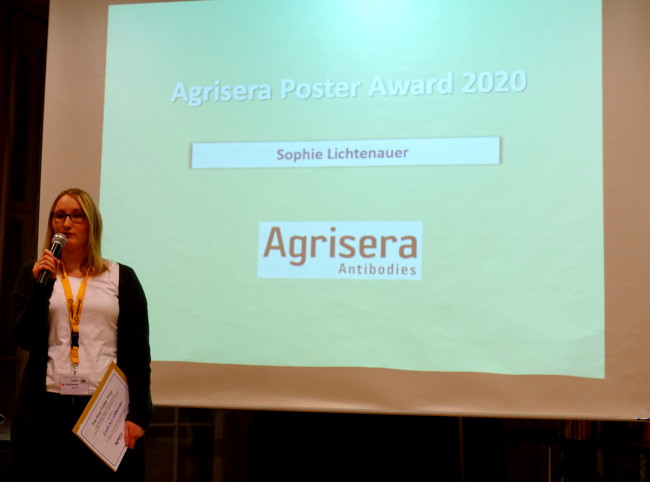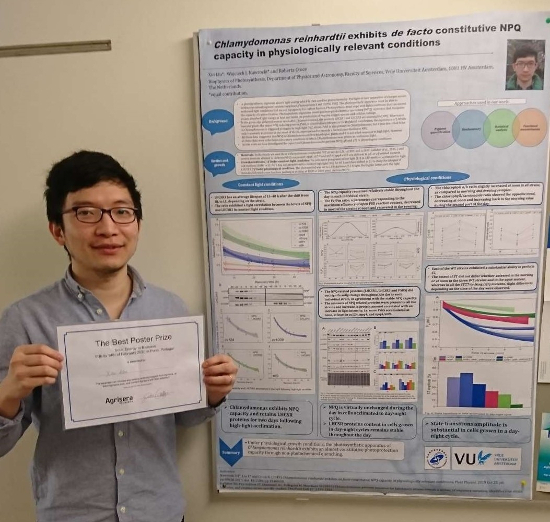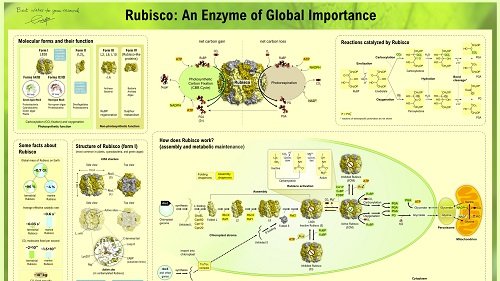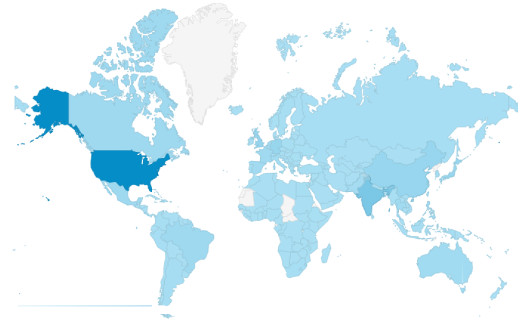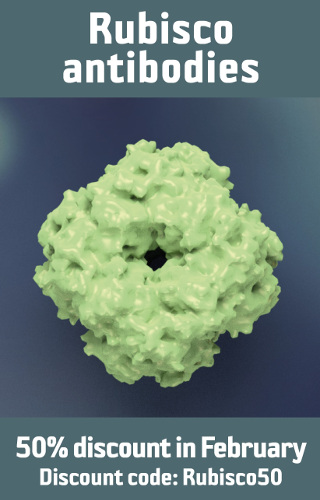
Rubisco is an amazing protein, and also the most abundant protein on Earth. Agrisera has provided specific antibodies to this enzyme for over 17 years. These antibodies have been cited in
thousands of publications and used on a very wide range of species. The Agrisera anti-RbcL form I antibodies are made to a very conserved, 7 amino acid long peptide, and is therefore categorized as a
Global Antibody. The specific peptide used is present in Rubisco form I from higher plants, algae and cyanobactera:
(
AS03 037) - provided at a 50 % discount in February.
Combined with the
Rubisco protein standard (
AS01 017S) and the
Rubisco Western Blot quantitation kit (
AS09 409), this antibody can be used for quantification of Rubisco using
quantitative western blot method. A short video tutorial for this method can be found
here.
For photosynthetic bacteria, archea and dinoflagellates, Agrisera offers another antibody:
Anti-RbcL II | Rubisco large subunit, form II antibodies (
AS15 2955) - provided at a 50 % discount in February.
This antibody can be combined with
RbcL II quantification standard (
AS15 2955S) and applied to quantify RbcL II.
Agrisera's Rubisco antibody collection also consists of other useful antibodies, like: RbcS (
AS07 259A), Rubisco activase (
AS10 700), Rubisco chaperones and other proteins. The whole collection can be found
here.
Good luck with your research!
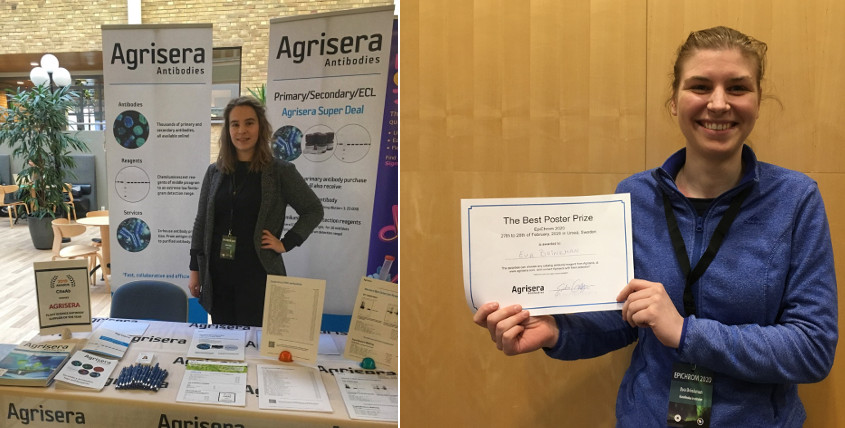

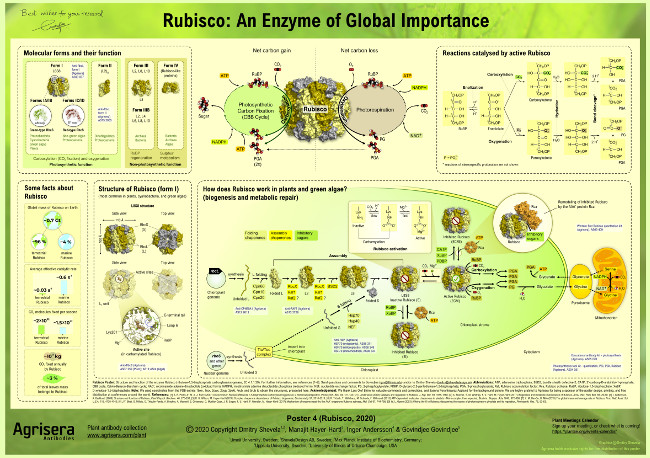
_fixed.png)
